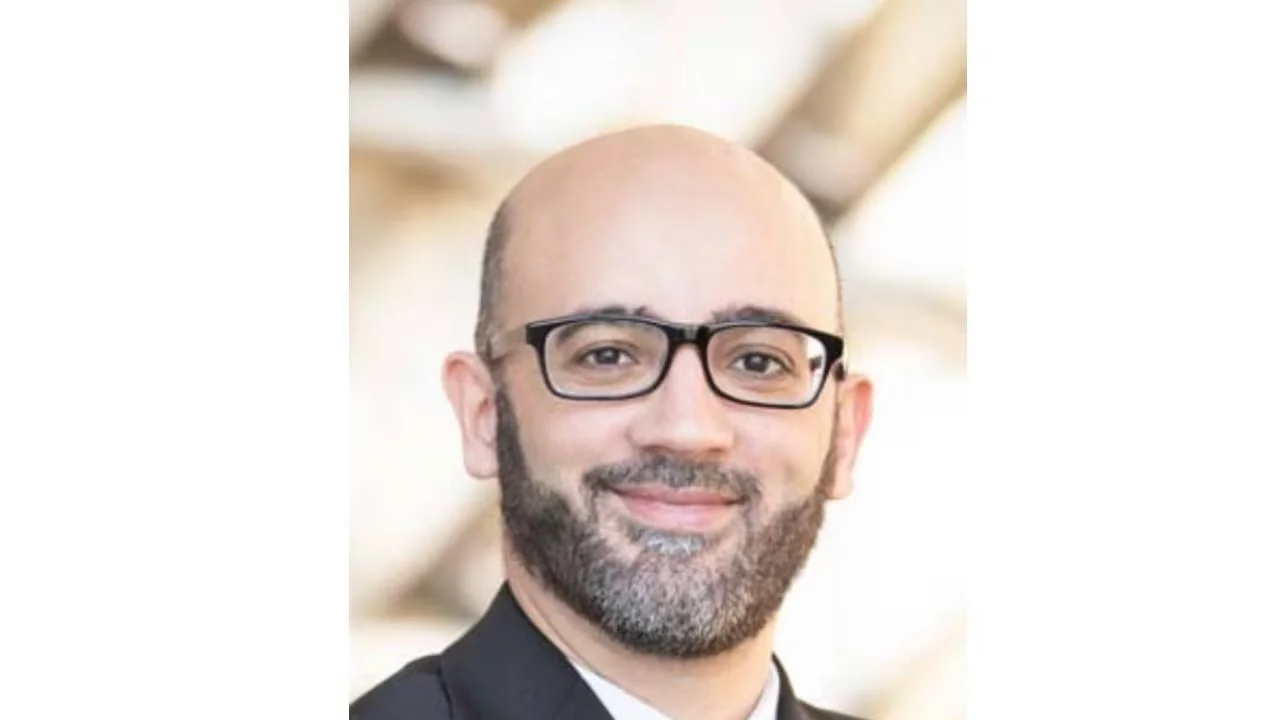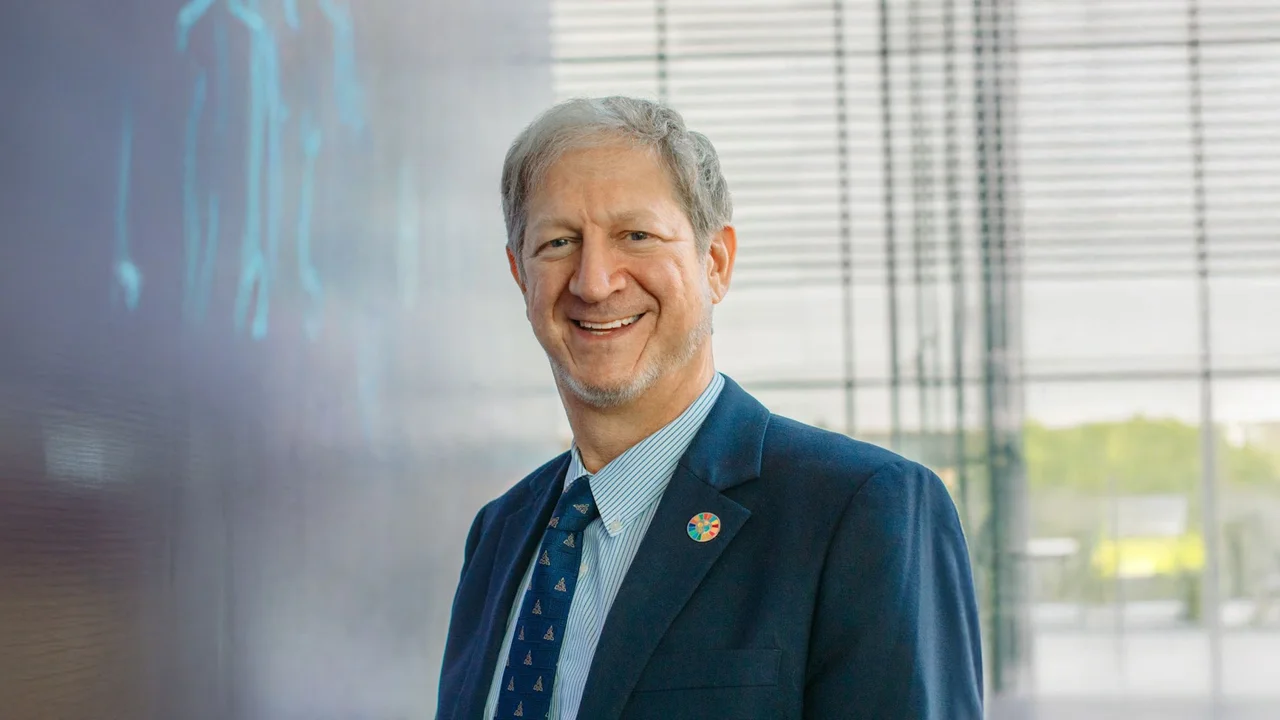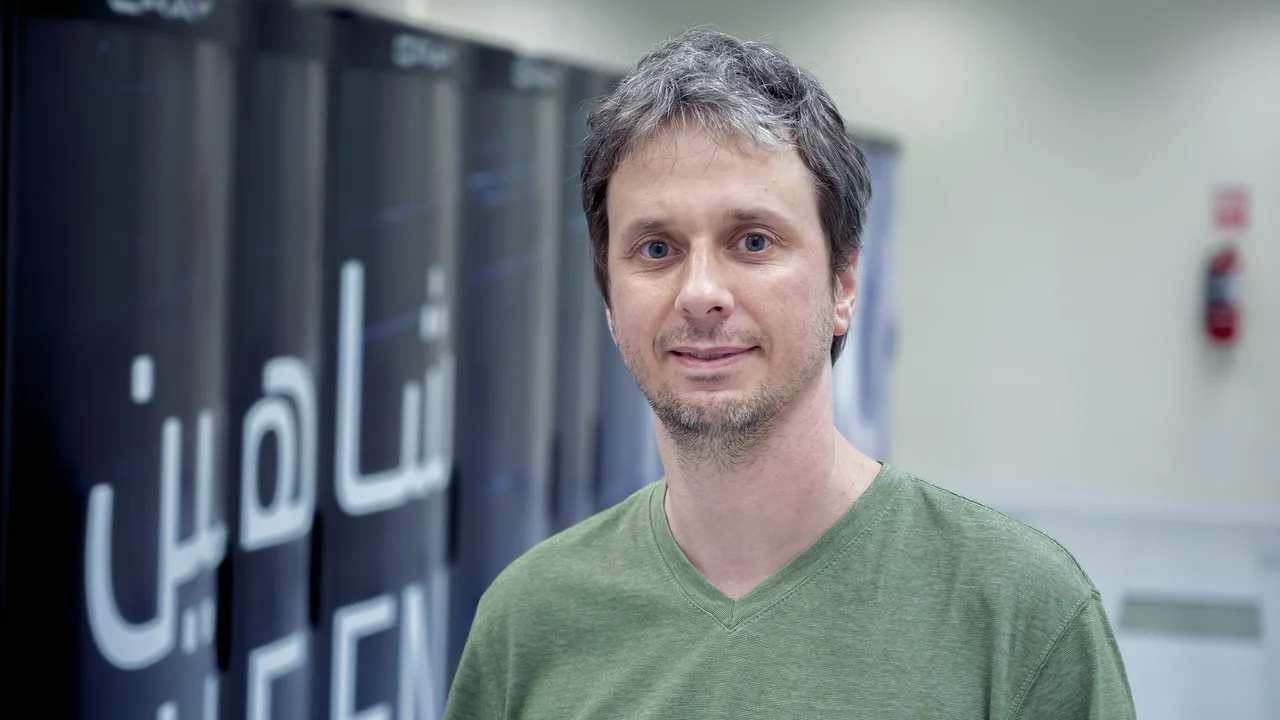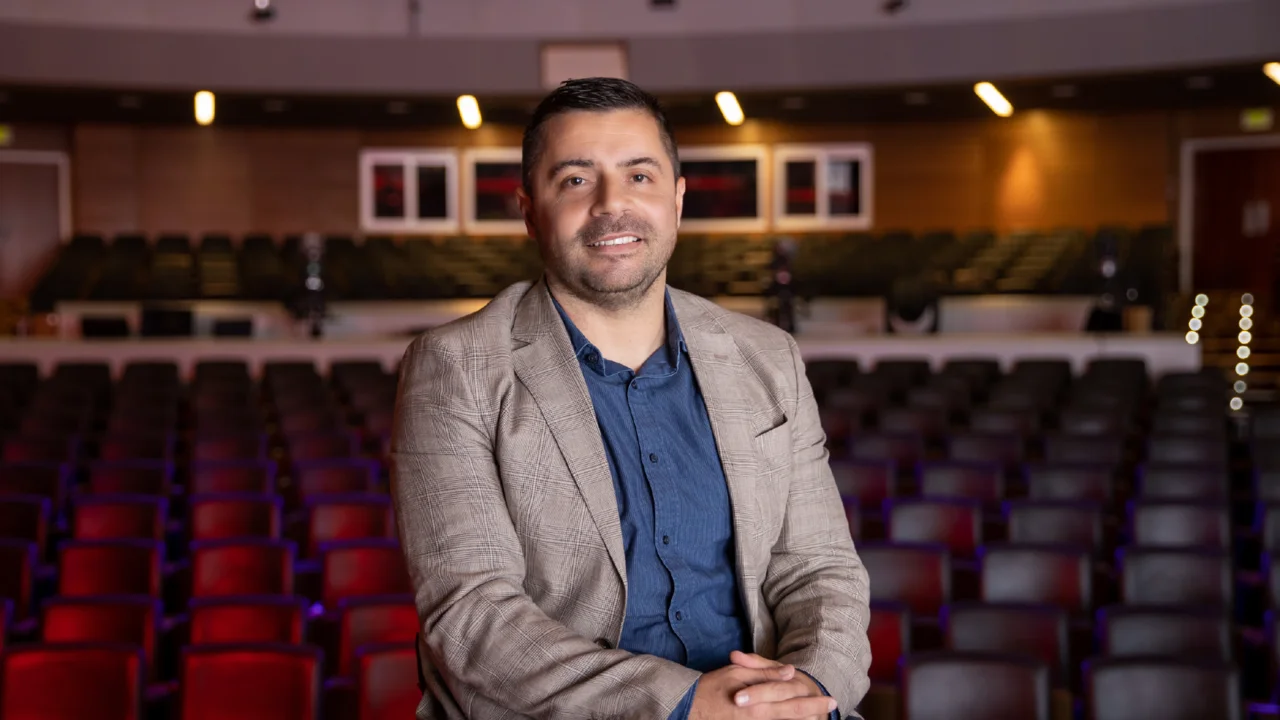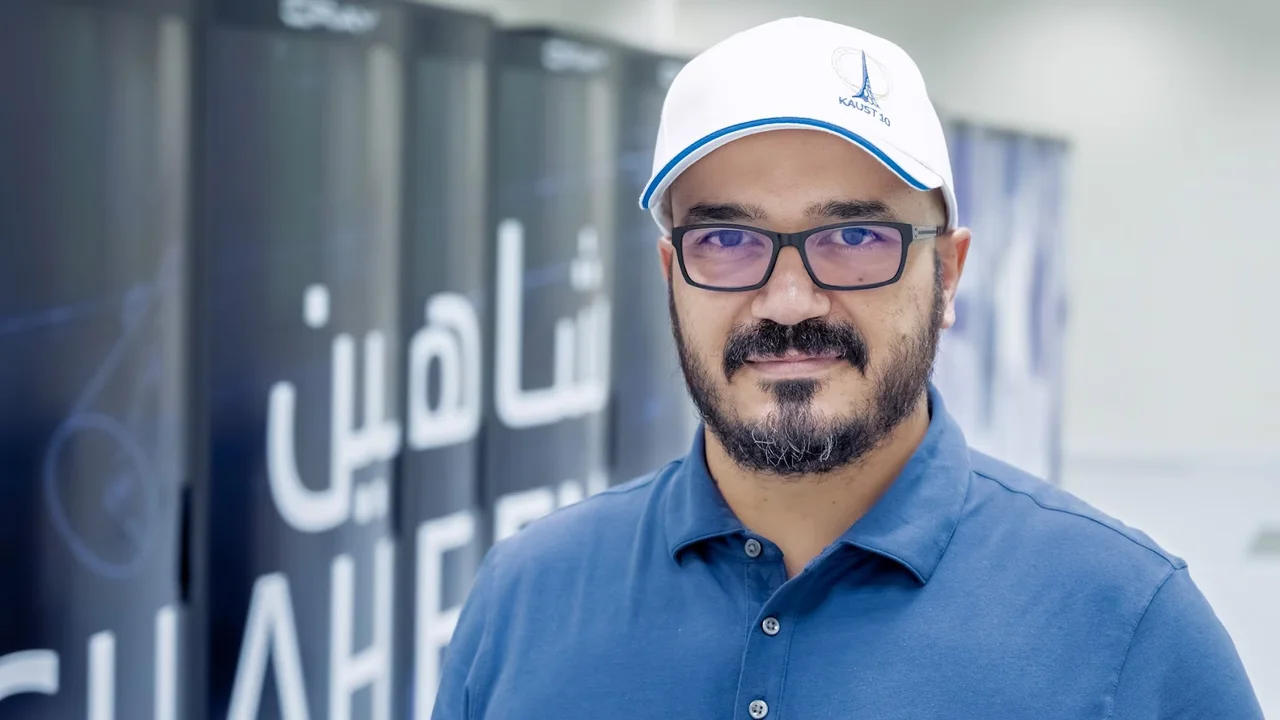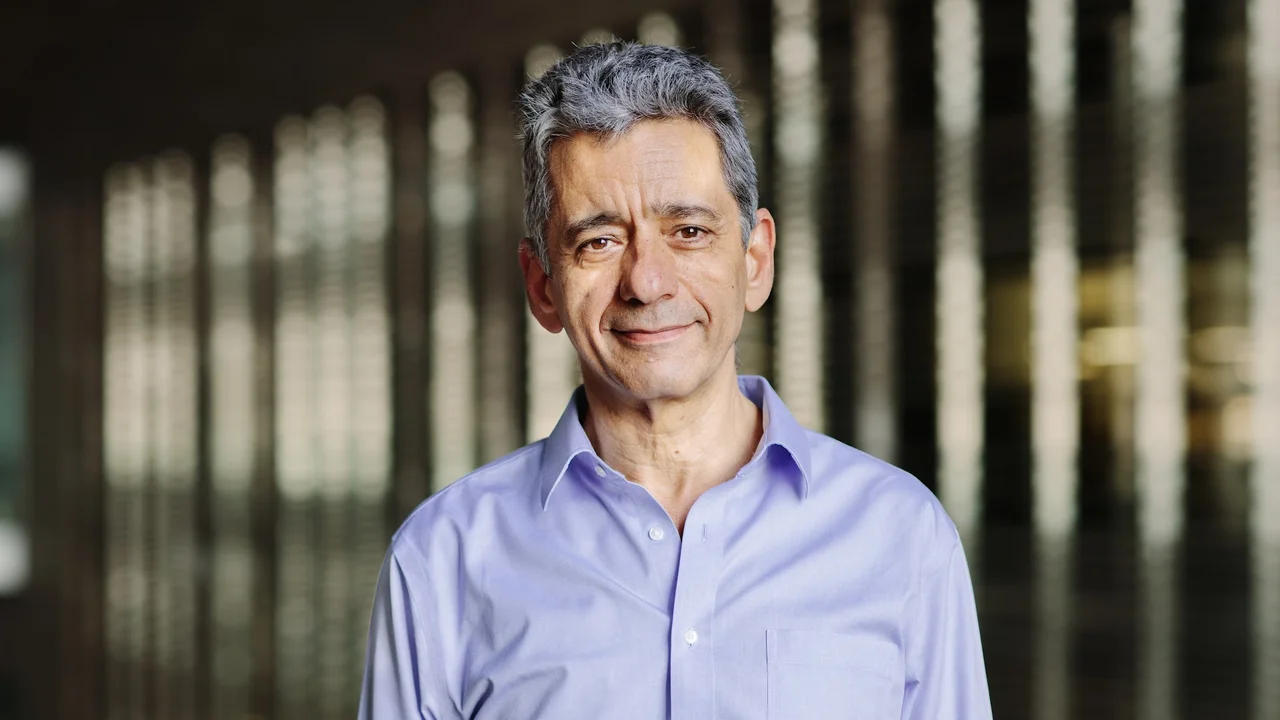Profiles
Organizers
Biography
David Keyes is a professor in the Applied Mathematics and Computational Sciences, Computer Science, and Mechanical Engineering programs. He served as a founding dean of the Mathematical and Computer Sciences and Engineering Division from 2009 to 2012 and as the director of the strategic initiative and ultimately the Research Center in Extreme Computing from 2013 to 2024. He is also an adjunct professor and former Fu Foundation Chair Professor of Applied Physics and Applied Mathematics at Columbia University, and a faculty affiliate of several laboratories of the U.S. Department of Energy.
Professor Keyes is Fellow of the Society for Industrial and Applied Mathematics (SIAM), the American Mathematical Society (AMS), and of the American Association for the Advancement of Science (AAAS). He is the recipient of the SIAM Prize for Distinguished Service to the Profession (2011), the Distinguished Faculty Teaching Award of Columbia University (2008), the Sidney Fernbach Award of IEEE Computer Society (2007), and the ACM Gordon Bell Prize (1999), and the Prize for Teaching Excellence in the Natural Sciences of Yale University (1991) .
Keyes graduated summa cum laude in Aerospace and Mechanical Sciences with a certificate in Engineering Physics from Princeton in 1978 and earned a doctorate in Applied Mathematics from Harvard in 1984. He was a Research Associate in Computer Science at Yale University 1984-1985, and has had decadal research appointments at the Institute for Computer Applications in Science and Engineering (ICASE), NASA-Langley Research Center, and the Institute for Scientific Computing Research (ISCR), Lawrence Livermore National Laboratory.
Research Interests
Keyes' research lies at the algorithmic interface between parallel computing and the numerical analysis of partial differential equations (PDEs), with a focus on scalable implicit solvers and nonlinear and linear preconditioning for large-scale applications in energy and environmental science on emerging for power-austere emerging architectures.
Target applications demand high performance because of high resolution, high dimension, and high fidelity physical models and/or the “multi-solve” requirements of optimization, control, sensitivity analysis, inverse problems, data assimilation or uncertainty quantification. Newton-Krylov-Schwarz (NKS, 1994) and Additive Schwarz Preconditioned Inexact Newton (ASPIN, 2002) are methods he co-created and popularized. He also focuses on the discovery of data sparsity and the exploitation of hierarchy in large-scale systems involving dense covariance and kernel matrices in statistics, genomics, data science, and machine learning.
Charters for his research are the International Exascale Software Project (IESP, 2011) and the Science-based Case for Large Scale Simulation (SCaLeS, 2001/2003) reports.
Education
Biography
Professor Matteo Parsani is an associate professor of Applied Mathematics and Computational Sciences at KAUST. He is also affiliated with the Mechanical Engineering Program and leads the Advanced Algorithms and Simulations Lab (AANSLab).
Hi research leverages self-adaptive algorithms, high-performance computing, and the judicious use of machine learning to enhance simulation accuracy, efficiency and reliability in real-world applications. Drawing on experience from NASA Langley Research Center and other leading research institutions, he specializes in computational fluid dynamics, modeling, and efficient high-fidelity numerical simulations.
Professor Parsani's research advances a broad spectrum of technologies, including next-generation aerospace technologies and urban air mobility for cognitive cities, noise reduction for sustainable air travel, hypersonic flight, and aerodynamics of F1 and electric vehicles. His research extends to computational modeling in biomedical science, applying simulations to study biological systems in cancer treatments and the flow dynamics of reef environments for intervention-based coral reef growth recovery.
Parsani's high-performance computational solvers and libraries are utilized to tackle complex engineering challenges in collaboration with industry partners such as Boeing, NASA’s Langley Research Center (LaRC), the McLaren F1 racing team, Airbus, E1 Series and Lucid Motors.
He earned his Master’s in Aerospace Engineering from Politecnico di Milano, Italy (2006), and his Ph.D. in Mechanical Engineering from Vrije Universiteit, Belgium (2010). He joined KAUST as a postdoctoral fellow in 2010 before pursuing a fellowship at NASA Langley Research Center. In 2014, he joined KAUST as a professor.
Beyond academia, Professor Matteo is a former soccer player and activist for people with disabilities. In December 2023, he embarked on an unprecedented coast-to-coast hand-bike journey across the Kingdom of Saudi Arabia to promote physical activities, sports, and awareness about people with disabilities. He covered nearly 150 kilometers daily on a hand-bike, totaling over 3,100 kilometers in about 22 days. This challenge was once deemed impossible for someone who has been living with an incomplete spinal injury since 2017.
Research Interests
Professor Matteo Parsani’s research interests are related to designing and implementing novel, robust and scalable numerical methods. Specifically, unstructured grids for hyperbolic and mixed hyperbolic/parabolic partial differential equations.
A core focus of Parsani’s research is on efficient and robust algorithms for the aerodynamic and aeroacoustic design of aerospace vehicles. Additionally, he studies non-classical gas-dynamic phenomena for energy conversion systems and the investigation of biological flow in cancer treatments.
His current research examines the stability and efficiency of spatial and temporal discretizations and structure-preserving methods that can mimic results from the continuous to the discrete level. A number of application domains are currently driving his research, including computational aerodynamics, dense gas flow simulations, and computational aeroacoustics.
Education
Rasha Aljahdali
- Postdoctoral Research Fellow, Applied Mathematics and Computational Science
Speakers
Biography
Dr. Hatem Ltaief is a Principal Research Scientist in the Computer Electrical and Mathematical Sciences and Engineering Division at KAUST. His research focuses on mixed-precision algorithms, low-rank matrix computations, parallel programming models, and performance optimizations for high-performance computing (HPC) systems equipped with hardware accelerators.
He has contributed to integrating numerical algorithms into major scientific libraries including NVIDIA cuBLAS and Cray LibSci. Collaborating with domain scientists across diverse fields such as ground-based astronomy, geospatial statistics, computational chemistry, bioinformatics, and geophysics, Dr. Ltaief helps their scientific applications meet the exascale computing challenges.
Dr. Ltaief has co-authored all four of KAUST Gordon Bell finalist papers since 2022. In November 2024, he received the prestigious ACM Gordon Bell Prize (shared) in climate modeling for his contributions to developing an exascale climate emulator. This groundbreaking work addresses the computational and storage demands of high-resolution Earth System Model simulations and was achieved in collaboration with a distinguished team of experts.
He earned his engineering degree from Polytech Lyon at the University of Claude Bernard Lyon I in 2003, followed by an M.Sc. in applied mathematics in 2004 and a Ph.D. in computer science from the University of Houston in 2008. Before joining KAUST, Dr. Ltaief served as a research scientist at the Innovative Computing Laboratory in Knoxville Tennessee.
Dr. Ltaief has received multiple accolades including the Best Paper Award at the ACM PASC conference in 2018 and the Gauss Award for Best Paper at the ISC Conference in 2020. He currently serves as co-Editor-in-Chief of the ACM Transactions on Mathematical Software and as an Associate Editor-in-Chief of the Elsevier Parallel Computing Journal.
Research Interests
Dr. Hatem Ltaief's research focuses on mixed-precision algorithms, parallel numerical algorithms, parallel programming models, and performance optimizations for manycore architectures and high-performance computing.
Education
Biography
Omar Knio received his Ph.D. in mechanical engineering in 1990 from the Massachusetts Institute of Technology (MIT) in the United States. He held a postdoctoral associate position at MIT before joining the mechanical engineering faculty at Johns Hopkins University in 1991. In 2011, he joined the Department of Mechanical Engineering and Materials Science at Duke University, where he also served as associate director of the Center for Material Genomics. In 2012, he was named the Edmund T. Pratt, Jr. Professor of Mechanical Engineering and Materials Science at Duke.
In 2013, Knio joined the Applied Mathematics and Computational Sciences (AMCS) Program at KAUST, where he also served as deputy director of the SRI Center for Uncertainty Quantification in Computational Science and Engineering and as the interim dean of the Computer, Electrical and Mathematical Sciences and Engineering (CEMSE) Division. In 2024, he was appointed associate vice president of National Partnerships, Engagement and Academic Liaison, at the KAUST National Transformation Institute.
He is a founding associate editor of the SIAM/ASA Journal on Uncertainty Quantification and currently serves on the editorial boards of the International Journal for Uncertainty Quantification and Theoretical and Computational Fluid Dynamics.
Knio has received several awards, including the Associated Western Universities Faculty Fellowship Award in 1996, the Friedrich Wilhelm Bessel Award in 2003, the R&D 100 Award in 2005, the Distinguished Alumnus Award from the American University of Beirut in 2005, and the Abdul-Hameed Shoman Award for Arab Researchers in 2019.
Research Interests
Professor Knio’s research interests include uncertainty quantification, Bayesian inference, combustion, oceanic and atmospheric flows, physical acoustics, energetic materials, microfluidic devices, renewable energy systems, high-performance computing, optimization under uncertainty, and data-enabled predictive science.
